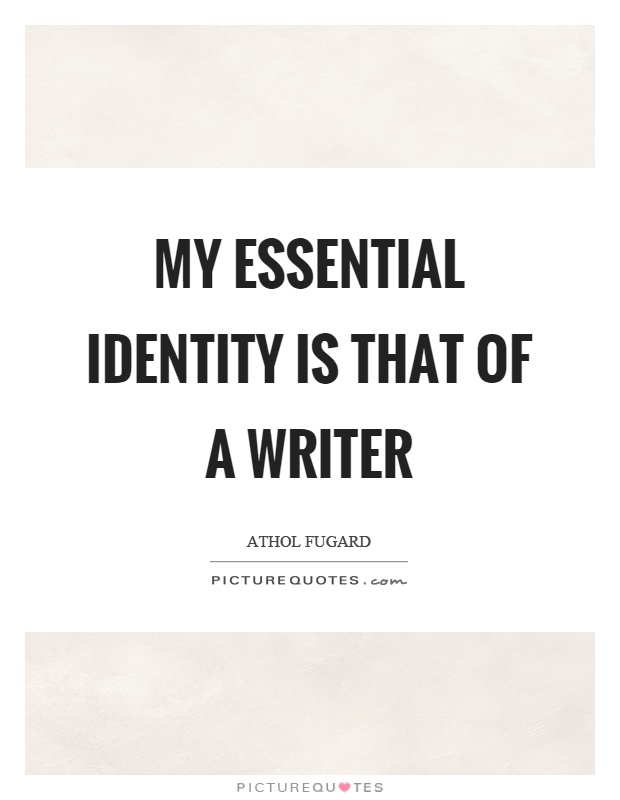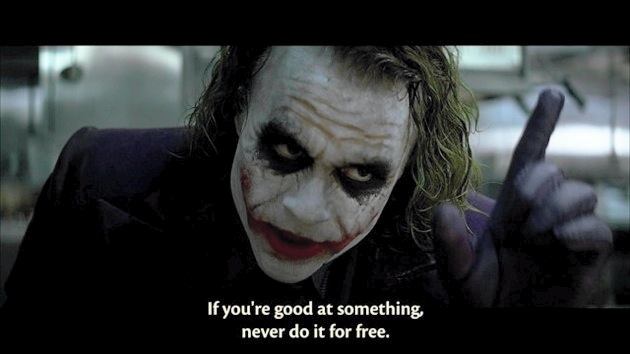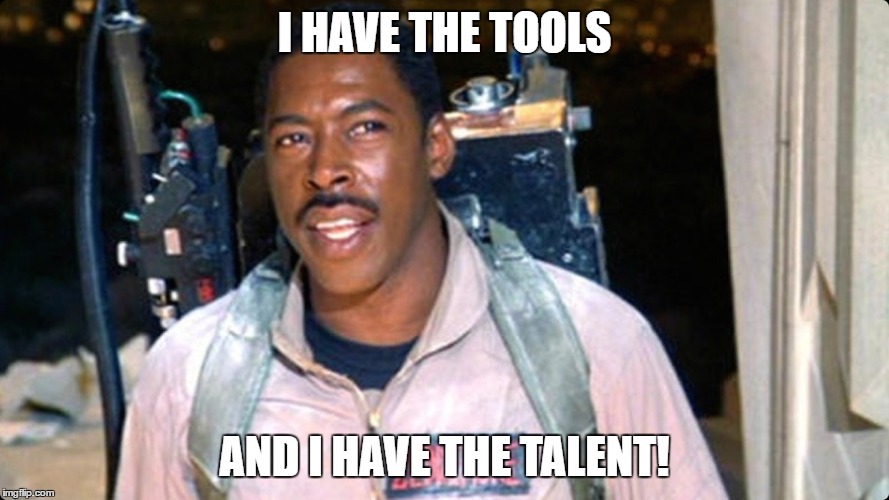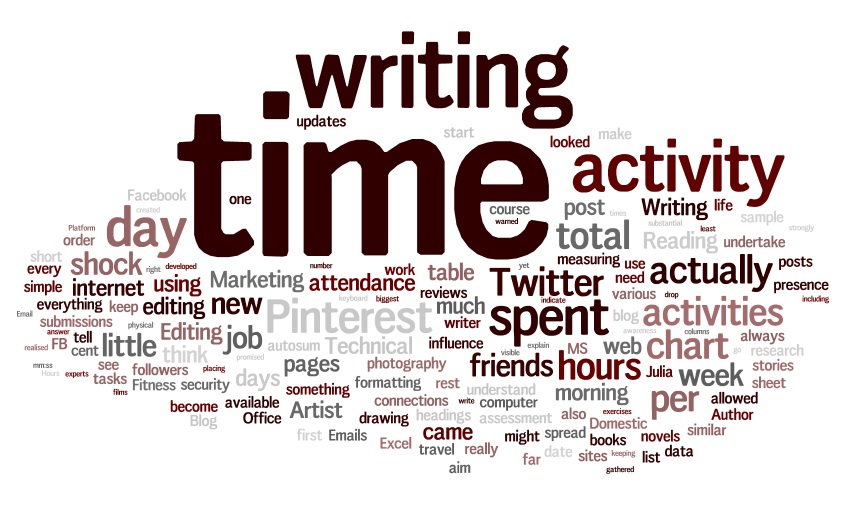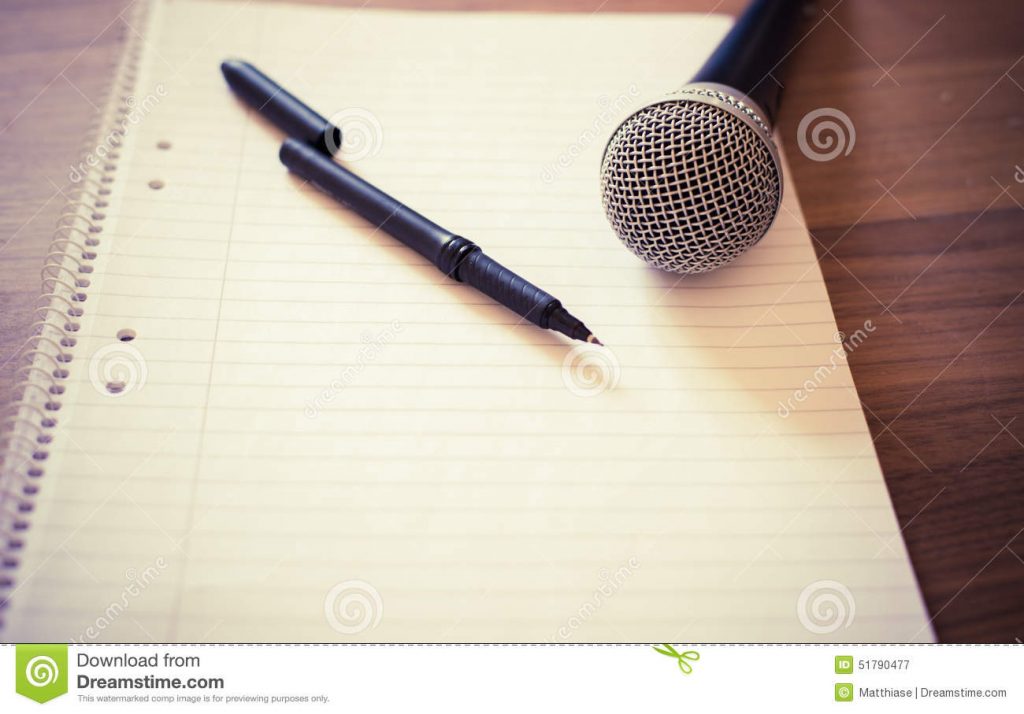
This week I begin my penultimate semester of grad school. Part of that will be writing a brand new standalone novel as my creative writing thesis. Amidst all of that, though, I am also producing a twice-monthly podcast, The Monster Island Film Vault. The irony is I’ve noticed for a while that it’s become easier for me to do anything related to the podcast than my writing.
I’m annoyed by this. Some of it is a time management issue, but I think it goes deeper than that. It certainly isn’t a lack of passion or ideas (heck, both of my grad school classes this semester are writing classes). I’ve long joked that I have more ideas than I have years left to write. I think this shift happened for two reasons: imminent deadlines and immediate praise.
My podcast’s episodes drop on the second and fourth Wednesdays of each month. Yes, that’s a self-imposed schedule, but from what I’ve read, the audience comes to expect one to keep his schedule. This keeps me on my toes and makes me carve out time for research, recording, and editing. Do I perhaps try to get each episode finished sooner than it needs to be? Oftentimes. Part of that comes from overestimating how long it will take. Other times I make excuses like, “I can get more done editing an episode for 30 minutes than I will writing for 30 minutes.” It’s illogical, but humans aren’t always logical. (Sorry, Spock!). It simply feels easier at points to podcast than write (despite the podcast requiring a lot of writing). I’ve found myself worried that I’ve lost my first love as a creative.
The second reason is harder to shake off: immediate praise. That isn’t to say that glowing reviews started coming in within an hour of my first episode dropping or whatnot. However, as more episodes were posted and I promoted the show, more people listened and told me they loved it. The positive reviews came faster and more frequently for the podcast than for any of my books (and it’s not like I don’t promote the heck out of my books and don’t have readers wanting more of them). There’s a lot I could say about why my podcast seems to be making a splash in the kaiju/Godzilla fandom, but those ultimately feed into my need for affirmation. I don’t consider this a weakness; no, it’s one of the famous “5 Love Languages.” Hearing and reading positive feedback with every episode incentivizes me to continue. I think this is why I eventually burned out with my YouTube channel: I wasn’t getting that feedback as fast or frequently. The challenge now becomes making sure the praise doesn’t become like a drug. I want to make this podcast because it’s fun and because I want to be a positive and unique voice in the kaiju fandom. I can’t let this—or anything, for that matter—become a crutch for my ego.
Aye, there’s the rub.
All of these combine to make something that’s new and exciting, so I’m still in the thick of the novelty of this project. That amplifies the excitement: it’s my “shiny new thing” right now. Lord help me when I come off that high!
There is something to be said about writers doing podcasts, though.
As a creative, what do you do to keep your work from becoming a crutch for your ego? Let’s discuss it in the comments below!




